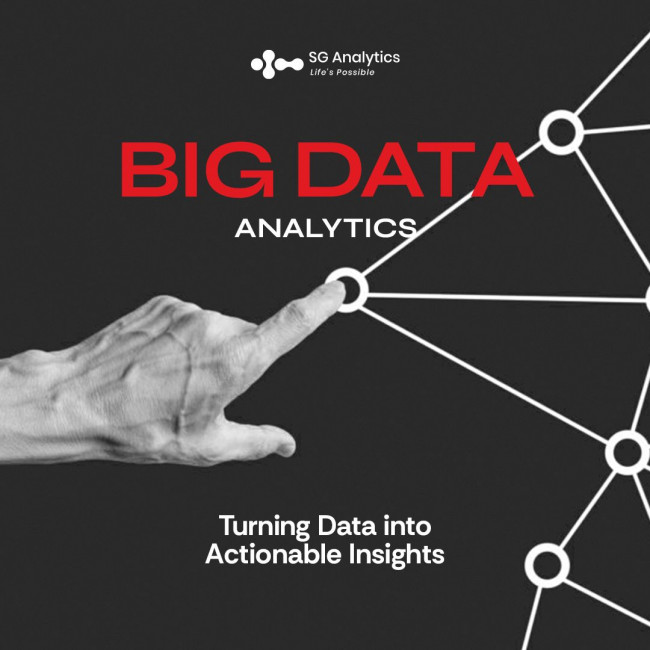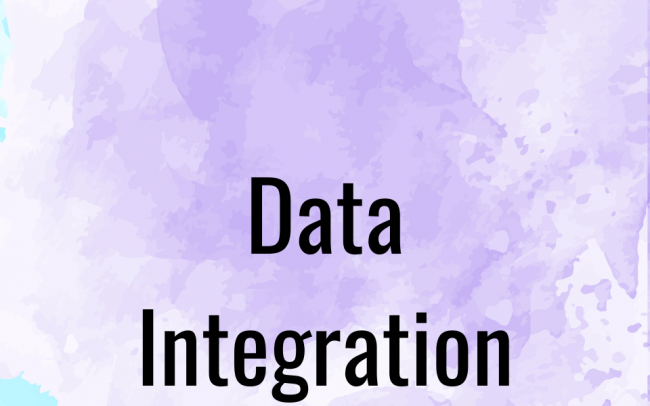Data Engineering: AI Opportunities and Challenges
AI helps make ETL pipelines faster and easier to use. This post explores the AI integration opportunities and challenges in data engineering.
Data engineering involves designing, building, and maintaining the infrastructure and systems required to collect, store, process, and analyze data effectively. It plays a foundational role in ensuring that data is accessible, reliable, and ready for analytics, machine learning, or operational use.
Data engineering is the new basis for developing, deploying, and scaling AI systems. After all, AI models, machine learning (ML), and deep learning tech must handle vast training datasets. Therefore, data engineers’ role in artificial intelligence development and implementation is crucial. This post will discuss the opportunities and challenges concerning AI and data engineering disciplines.

Data Engineering Opportunities Unlocked by AI
With AI, the automation of data pipelines is becoming less complex. AI-driven tools have now made it possible to streamline data cleansing and anomaly detection. Therefore, adhering to better quality assurance standards is now possible without requiring a ton more workers. This advantage also implies that the available workforce can redirect its efforts to solving more complicated problems.
AI-driven extract-transform-load (ETL) ecosystems help modify data engineering solutions to accommodate clients’ real-time data needs. They significantly decrease human interventions vital to validating datasets and optimizing metadata management.
Since AI has modernized data engineering applications and ETL subcomponents, more enterprises expect efficient data streaming. Understandably, the capacity to process enormous volumes of data in real time will be essential to businesses seeking quicker decisions.
How Integrating Artificial Intelligence with ETL Pipelines Enhances Storage and Data Retrieval
Advances in AI indicate corporations’ data storage can leverage context-aware sorting methods. That is why every customer analytics firm can accelerate segmentation and profiling while many market researchers can avoid stress when conducting competitor analyses. Basically, AI empowers data engineers to identify the best categorization and structuring methods based on users’ intended use cases.
For example, you do not require memorizing complex, robotic syntax to ask an AI-integrated storage system to retrieve specific files matching a request. User queries might be written in a typical human language, but the AI systems will correctly interpret them to provide relevant results.
Additionally, context-aware data retrieval methods can do wonders for big data analytics applications. Remember, most data engineers must excel at maintaining data lakes housing extensive datasets with unstructured intelligence assets. So, artificial intelligence that can evaluate unstructured data quickly will reduce the workload of data engineering professionals. They can embrace AI tools to enhance data categorization and optimize data retrieval methods.
Challenges in Data Engineering and AI Integrations
The demand for more diverse datasets might make AI integration attractive to all stakeholders. However, legitimate concerns about data quality and privacy-related ethics are also making headlines. In response, policymakers have proposed, approved, and enforced many laws governing enterprise data usage. Not to mention how many critics have demanded more specific regulations for AI integration.
Data engineering specialists must acknowledge this situation and practice transparency to avoid unfavorable outcomes. If you are about to enhance your ETL pipelines with artificial intelligence, inform your customers, employees, suppliers, and investors. Still, you might benefit more from regional experts familiar with legal and technical factors impacting AI implementation.
In addition to compliance-driven challenges in combining AI tech with data engineering systems, leaders cite the struggle to find the best talent to execute the related job tasks. As a result, industries must collaborate with academia to encourage young professionals to upgrade their skills. Likewise, the energy required to keep AI-integrated ETL pipelines accessible 24/7 has to come from renewable sources. Exhausting conventional fuels to power them will be problematic.
How Legacy Systems Can Slow Down AI Adoption
Hardware-related challenges involve outdated configurations that are still used worldwide. Many devices in developing and developed countries simply lack the capability to run artificial intelligence software. In several industries, decades-old tech is prevalent since upgrading the entire information infrastructure can necessitate huge funding support.
Construction, agriculture, manufacturing, animal husbandry, tourism, and publishing businesses prefer economical hardware for multi-office deployments. Given the association of modern systems with “unnecessary features” or bloat, many managers are not fans of digitalization. They might greenlight data engineering projects and tech upgrades at the head offices. However, they cite budget restrictions when asked about 100% upgradation.
As an alternative to on-site hardware changes, cloud computing seems a reliable solution. Therefore, most brands seek data migration strategies that can help move business intelligence assets from archaic systems to novel software tools. During this transition, due care is paramount. Otherwise, data loss can occur due to a lack of backward compatibility or poorly planned data migration.
Remember, implementing AI-integrated ETL pipelines shouldn’t restrict businesses from accessing historical intelligence due to hardware or software limitations.
Conclusion
Stakeholders want to leverage AI to unlock incredible data engineering opportunities for innovation and scale, but many challenges continue to hinder their progress. AI integration allows for data democratization through user-friendly data retrieval methods. It also accelerates decision-making and streamlines data quality assessments.
At the same time, the growing demand for ethical enterprise data practices has birthed new laws. The regulators have also joined the debate and devised regional regulations. Complying with their expectations will surely overwhelm tech enthusiasts, data engineers, and AI developers.
Besides, there is a talent shortage when it comes to artificial intelligence skills. Even if enterprises find the right data engineering teams to collaborate with, they must audit available IT infrastructure. Outdated hardware configurations will hinder AI integration. After all, you cannot expect an ETL pipeline to work as intended if your team is using decades-old technology.
Clean energy is also crucial to mitigate the carbon risks of AI systems. You require renewable energy resources and responsible supervisors to offer 24/7 AI integration without attracting controversial media coverage due to carbon footprint.
Ultimately, skilled data engineers and AI system specialists will be instrumental in sustainably utilizing AI opportunities and overcoming the challenges for meaningful progress.















